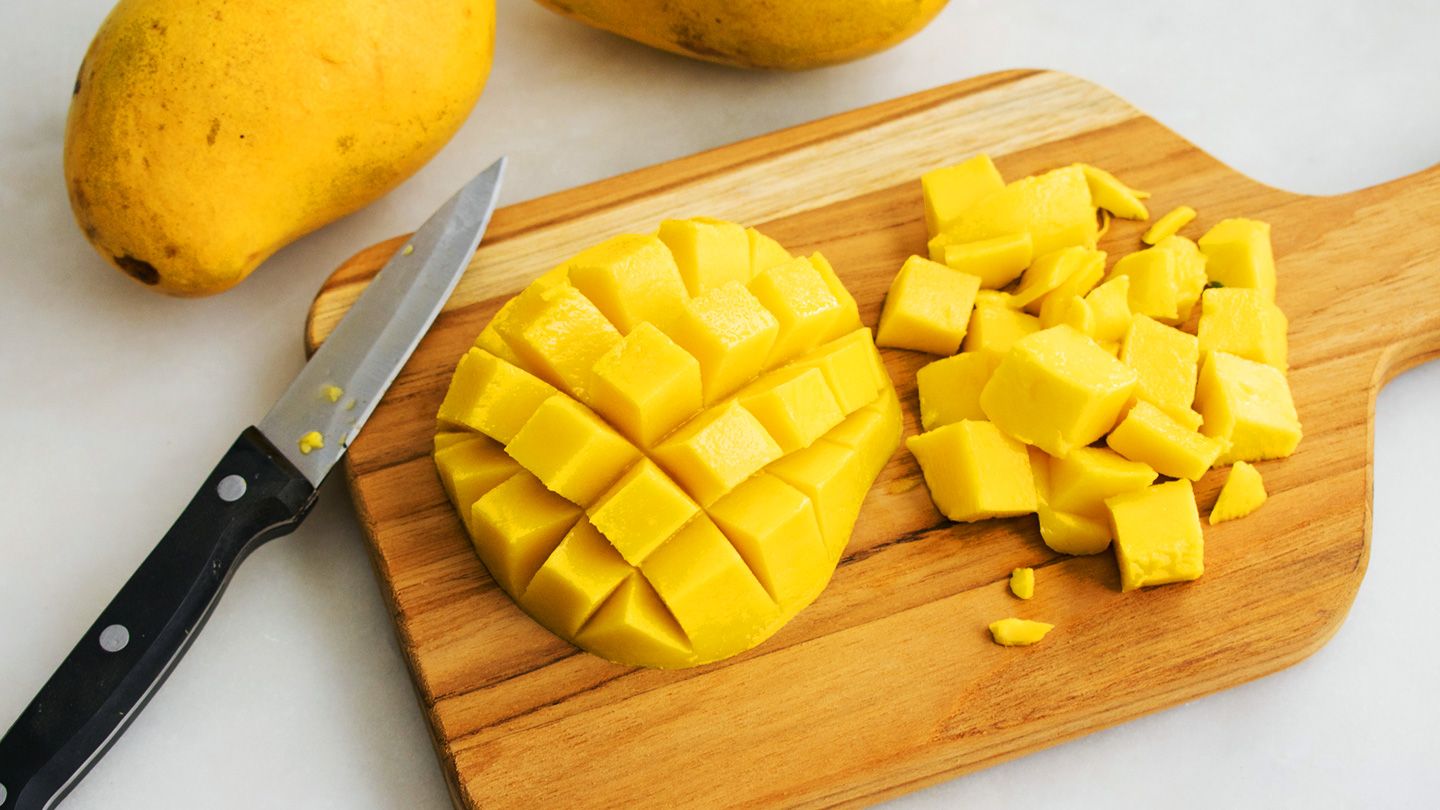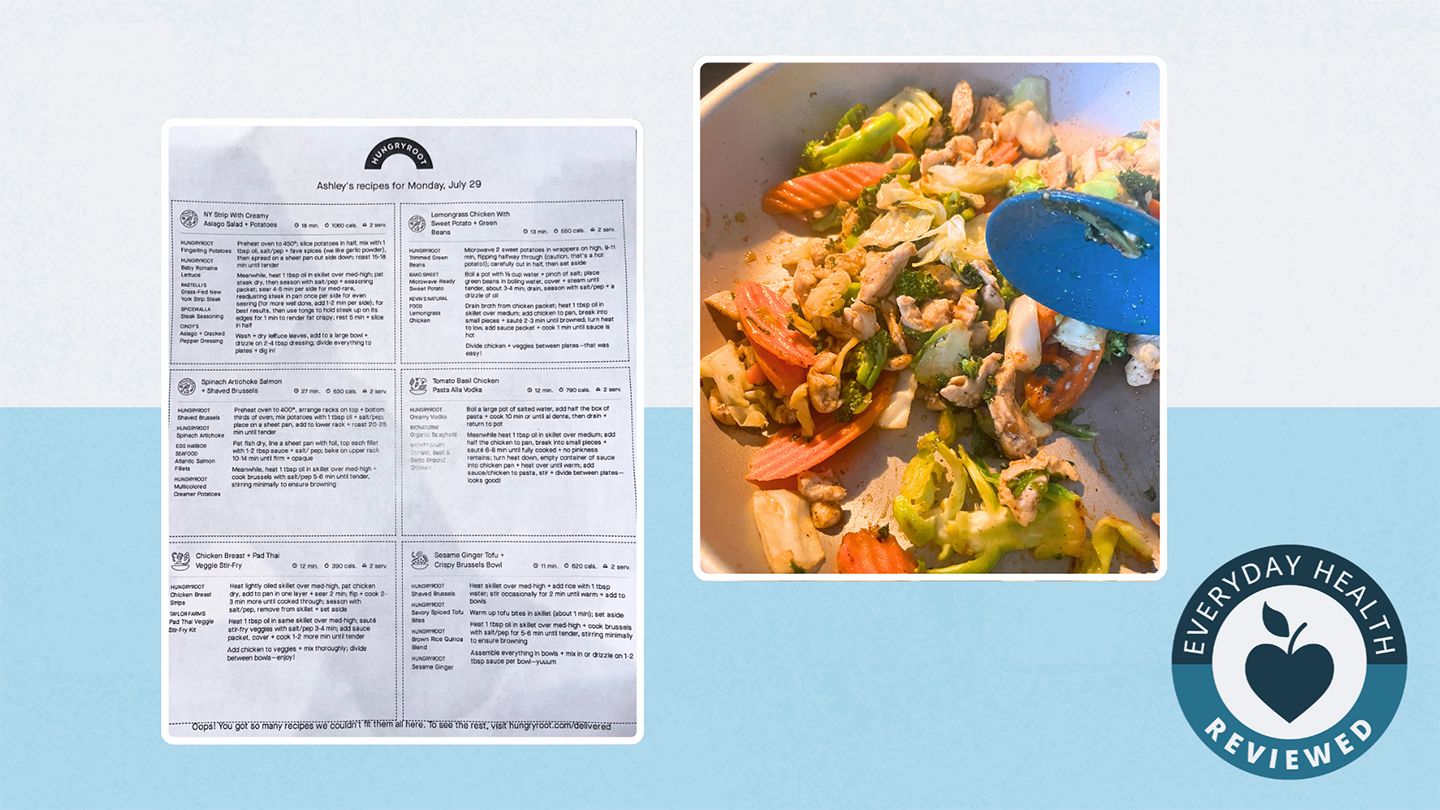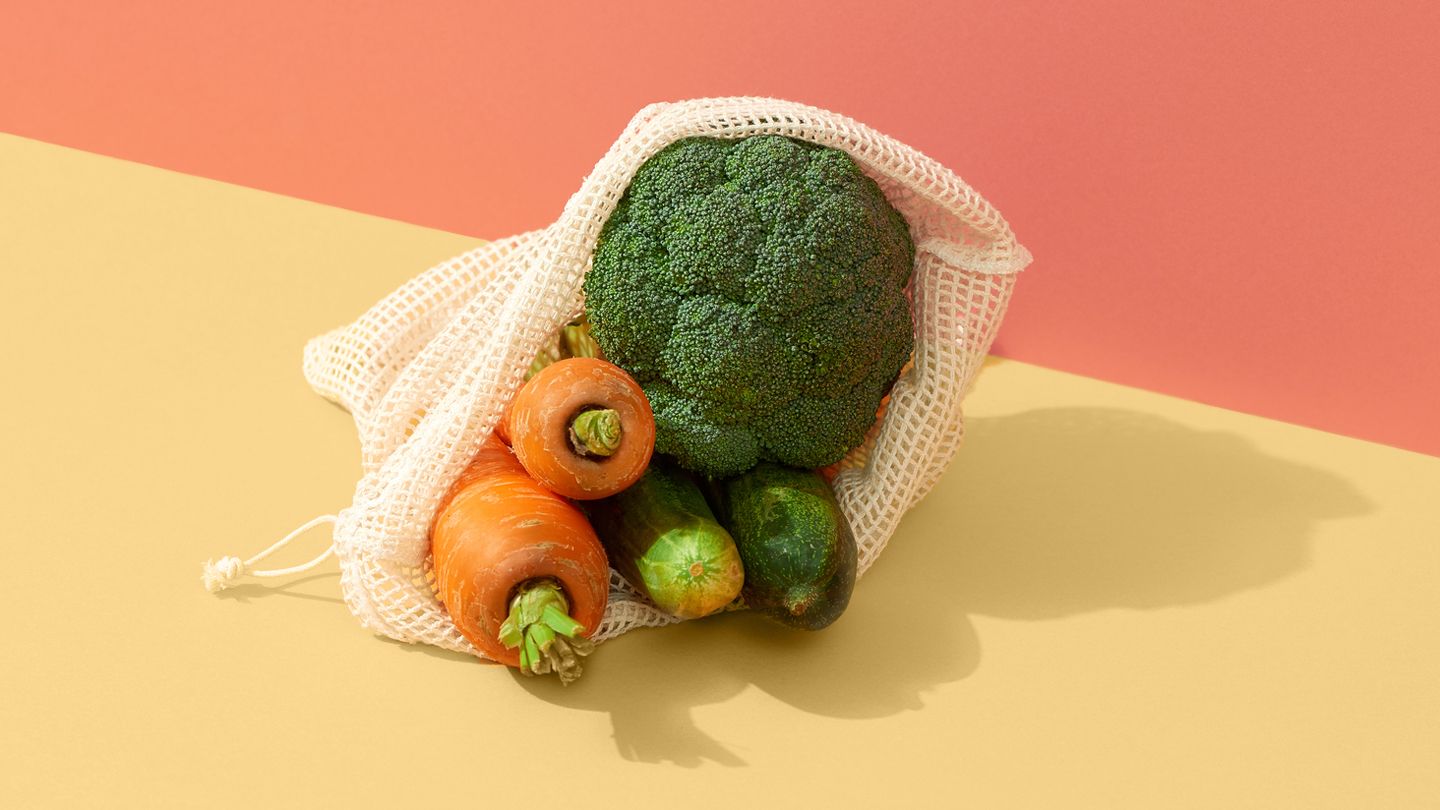An Overview of Cheese and Carbohydrates on the Keto Diet
The keto diet has become an increasingly popular way to lose weight and improve health in recent years. This low-carb, high-fat diet helps the body enter a metabolic state called ketosis, where fat is burned for energy instead of carbohydrates. With carb intake limited to only 50 grams per day on keto, many dieters rely heavily on high-fat dairy products like cheese to meet their daily needs while still staying low-carb.
Cheese can certainly be part of a well-formulated keto diet. In fact, many types of cheese are low in carbohydrates and high in fat, making them ideal options on keto. However, not all cheeses are created equal when it comes to their carb count. While some cheeses are relatively low in carbs, others can contain a more significant amount of carbohydrates in a single serving.
Understanding which types of cheese are lowest in carbs is key to constructing a keto-friendly diet. This allows you to take advantage of the many health benefits that cheese offers without compromising your macro goals.
Counting Net Carbs in Cheese
When determining the carb content of any food on keto, it's important to look at net carbs rather than total carbs. Net carbs account for the fiber and sugar alcohols that are subtracted from the total carb count.
Fiber passes through the body undigested, meaning it does not impact blood sugar or ketosis. For this reason, fiber grams can be subtracted from the total carb count. Sugar alcohols like erythritol and xylitol may also have minimal effects on ketosis and blood sugar, so they too can be subtracted from the total carb count.
By looking at net carbs rather than total carbs, you get a more accurate picture of a food's true effect on ketosis. Many cheeses have 0 grams of sugar alcohols or fiber. In these cases, the total carb count and net carb count will be identical.
Keto-Friendly Cheese Options
Many types of cheese can fit into a keto lifestyle when consumed in moderation. Here are some of the top low-carb cheese options to enjoy on keto:
Parmesan Cheese
Parmesan is a hard Italian cheese that's very low in carbs, yet full of flavor. Just one ounce of grated Parmesan contains:1
- Calories: 111
- Fat: 9g
- Protein: 10g
- Net carbs: 1g
This makes it a smart choice to sprinkle over salads, soups, low-carb veggies, and more when following a keto diet.
Cheddar Cheese
Cheddar is one of the most popular types of cheese, available in a wide array of flavors and textures. Although the carb content can vary slightly based on factors like age and milk type, one ounce of cheddar cheese generally supplies around:2
- Calories: 115
- Fat: 9g
- Protein: 7g
- Net carbs: 1g
Try dicing cheddar cheese into cubes for quick, on-the-go keto snacks.
Mozzarella Cheese
Mozzarella is a soft, white cheese originally from Italy. Part-skim mozzarella is a bit lower in fat than whole-milk mozzarella, but both can fit into a keto diet when eaten in moderation.
One ounce (28 grams) of part-skim mozzarella has approximately:3
- Calories: 54
- Fat: 2.5g
- Protein: 7g
- Net carbs: 1g
Meanwhile, one ounce of whole-milk mozzarella contains around:4
- Calories: 85
- Fat: 6g
- Protein: 6g
- Net carbs: 1g
Try using mozzarella to make keto-friendly pizza crusts, cheeses crisps, or cheese shells for taco nights.
Swiss Cheese
Swiss cheese is an excellent source of protein and fat on a ketogenic diet. There are around:5
- Calories: 111
- Fat: 9g
- Protein: 8g
- Net carbs: 0g
In one ounce of Swiss cheese.
It makes a tasty addition to omelets, burgers, sandwiches, and more.
Blue Cheese
Blue cheese is known for its distinctive flavor and creamy texture. It's high in fat and low in carbs, with just 1 gram of net carbs in a 1-ounce (28-gram) serving.6
Try crumbling blue cheese over salads, stuffing it into burgers, or eating it straight with keto-friendly crackers or vegetable sticks.
Feta Cheese
Feta is a type of brined cheese that originated in Greece. One ounce (28 grams) of feta contains:7
- Calories: 75
- Fat: 6g
- Protein: 4g
- Net carbs: 1g
This soft, crumbly cheese pairs perfectly with salads, vegetables, and olive oil. It can also add flavor to omelets, yogurt, and grain-free baked goods.
Cream Cheese
Cream cheese is a soft, mild-tasting cheese product made from milk and cream. It's much lower in protein than most other cheeses, but it remains a staple food for many keto dieters thanks to its high fat content and low carb count.
One ounce (28 grams) of regular cream cheese contains approximately:8
- Calories: 102
- Fat: 10 g
- Protein: 2 g
- Net carbs: 1 g
Cream cheese is the perfect high-fat dairy base for dips, spreads, frostings, and more on keto.
Cheese to Limit on Keto
While the cheese varieties listed above can definitely be incorporated into a well-formulated keto diet, other types of cheese may need to be limited due to their higher carb content.
Here are a few cheeses that are higher in carbs than the options listed above:
Cottage Cheese
Cottage cheese is a fresh, mild cheese product often used in cooking and baking. Though higher in protein than most other cheeses, it also contains a few more carbs.
One cup (226 grams) of low-fat cottage cheese has approximately:9
- Calories: 163
- Fat: 2 g
- Protein: 28 g
- Net carbs: 7 g
Stick to a half cup or less per serving and account for the extra carbs in your daily total if you'd like to include cottage cheese in your keto diet.
Ricotta Cheese
Ricotta is an Italian whey cheese that's soft, creamy, and slightly sweet. It's often added to dishes like lasagna and cheesecake.
A half-cup (122 grams) serving contains about:10
- Calories: 180
- Fat: 14 g
- Protein: 14 g
- Net carbs: 3 g
The higher carb count means ricotta cheese may need to be limited on keto, but it can likely still be enjoyed in moderation.
Processed Cheese Slices
Processed cheese products tend to be higher in carbs than natural, unprocessed cheeses. Cheese slices and cheese singles are two examples.
One slice (21 grams) of a popular brand contains approximately:11
- Calories: 50
- Fat: 4g
- Protein: 3g
- Net carbs: 1g
So while the net carb count remains low per slice, carb counts can quickly add up if you're eating multiple slices in a sitting.
Cheddar Cheese Curds
Cheddar cheese curds are a fresh, young form of cheddar cheese. They have a light, squeaky texture and mild taste.
A half cup (72 grams) of cheese curds supplies about:12
- Calories: 210
- Fat: 17g
- Protein: 12g
- Net carbs: 2g
Enjoy cheese curds in moderation on keto and be mindful of your portion sizes when snacking on them.
Goat Cheese
Goat cheese, also known as chvre, is a tasty cheese made from goat's milk. It's creamier and tangier than cheese made from cow's milk.
There are around:13
- Calories: 75
- Fat: 6g
- Protein: 5g
- Net carbs: 0g
In one ounce of soft goat cheese. So while it's low in net carbs, it may need to be eaten in moderation on keto due to the high calorie and fat count per serving.
Health Benefits of Cheese on a Ketogenic Diet
Incorporating low-carb, high-fat cheese into your keto diet can provide a range of important nutrients and health benefits, including:
1. High in Protein
Most types of cheese are high in protein, containing about 610 grams protein per ounce. Protein is incredibly important on keto to help meet your daily needs and prevent loss of muscle mass.
2. Good Source of Calcium
Calcium is essential for building and maintaining strong bones and teeth. Just one ounce of cheddar cheese provides about 20% of the calcium that most people need daily.
3. Contains Vitamin B12
Natural cheeses like Swiss, cheddar, and Parmesan are loaded with vitamin B12, an important nutrient that many are deficient in. Getting enough vitamin B12 on keto can help prevent fatigue, mood disorders, and neurological problems.
4. Provides Conjugated Linoleic Acid
Conjugated linoleic acid (CLA) is a type of fatty acid found in small amounts in dairy products like cheese. It has been associated with several health benefits, including decreased body fat, improved body composition, and lower risk of breast cancer.
5. May Support Dental Health
Eating cheese may help promote dental health by neutralizing acidity and rebuilding minerals like calcium, phosphate, and casein.
According to one 2019 review, eating cheese may also increase saliva flow to help clear food debris and prevent cavities.
6. Boosts Satiety
High protein foods like cheese increase levels of appetite-reducing hormones like GLP-1, PYY, and CCK. This can keep you feeling fuller for longer between meals to support weight management.
One study also found that people ate less at subsequent meals after eating cheese as a snack compared to carb-heavy snack options.
Tips for Adding Cheese to a Keto Diet
There are endless ways to work cheese into your keto meal plan. Here are a few simple tips and suggestions for adding low-carb cheese into your daily diet:
Combine it with non-starchy vegetables.
Pair cheese with veggies like broccoli, cauliflower, zucchini, or spinach for an easy keto snack or light meal.Add it to keto-friendly breakfasts.
Top your morning omelet with shredded cheese or use cottage cheese as a base for breakfast bowls.Include it in salads.
Sprinkle crumbled feta, Parmesan, or blue cheese over green salads for a burst of added flavor and fat.Use it in dips, spreads, and sauces.
Mix cream cheese into dips, blend Parmesan into pesto sauce, or stir cheddar into creamy cauliflower cheese sauce.Make keto cheese crisps or clouds.
Bake grated Parmesan or shredded mozzarella for a crunchy, savory snack that's perfect on keto.Enjoy cheese boards.
Create keto-friendly cheese boards with nuts, olives, avocado, cured meats, and an assortment of low-carb cheeses.Keto-Friendly Recipes with Cheese
Here are a few recipe ideas to help you use low-carb cheeses in your keto meal planning:
Breakfast Recipes
- Egg, bacon, and cheese muffin cups
- Cottage cheese pancakes
- Cheesy cauliflower hash browns
- Cloud bread with cream cheese and smoked salmon
Lunch/Dinner Recipes
- Caprese chicken with mozzarella and basil
- Bunless bacon cheeseburger
- Loaded cauliflower casserole with cheddar
- Spinach and feta chicken salad
Side Dish Recipes
- Broccoli cheese fritters
- Cheesy zucchini gratin
- Parmesan Brussels sprouts
- Creamy cauliflower mash with blue cheese
Snack Recipes
- Cheese crisps
- Cream cheese jalapeo poppers
- Mozzarella sticks
- Antipasto skewers with mozzarella
Frequently Asked Questions
Is cheese keto-friendly?
Many types of cheese can be included in a keto diet plan. Full-fat, low-carb cheeses like cheddar, Parmesan, Swiss, mozzarella, and blue cheese are excellent high-fat, low-carb options. Be sure to look at net carbs on nutrition labels when evaluating the keto-friendliness of different cheeses.
How much cheese can you eat on keto?
There's no specific amount of cheese you should eat per day on keto. Cheese can definitely be eaten in moderation, but portion sizes still matter, even on high-fat, low-carb diets. Consuming multiple servings of high-calorie, high-fat cheese may result in excessive calorie intake.
What cheese has the lowest carbs?
Parmesan, Swiss
FAQs
What is the lowest carb cheese for keto?
Some of the lowest carb cheese options for keto include Parmesan, cheddar, Swiss, mozzarella, feta, and blue cheese. Each of these has around 1 gram net carb or less per ounce.
Can you eat cheese at night on keto?
Yes, cheese can be included as part of a keto-friendly dinner or evening snack. In fact, having a high-fat, low-carb snack like cheese before bed may help promote feelings of fullness and prevent late-night cravings.
Is goat cheese allowed on keto?
Goat cheese is permitted in moderation on a ketogenic diet. It's relatively low in carbs but high in calories and fat, so portion control is important. Limit to 1-2 ounces per serving.
Disclaimer: This article is for informational purposes only and does not constitute medical advice. Always consult with a healthcare professional before starting any new treatment regimen.
Related Coverage
Can you eat margarine on keto? Learn everything about the carbs in margarine and find the best low-carb options to stay in ketosis....
Discover keto-friendly cocktails like the Bulleit Old Fashioned. Learn how to enjoy alcoholic beverages while following a ketogenic diet with our guide to low-carb cocktail options....
Find out how many grams of carbs and net carbs are in corn, whether corn is keto-friendly, and get tips for enjoying corn in moderation on a low-carb ketogenic diet....
With its high fat and low carb content, you may wonder if American cheese can fit into a keto diet. Learn the potential issues with processed cheeses on keto....
This is a sample meta description providing a concise summary of the page content for search engines and users...
Enjoy Five Guys fast food while sticking to under 50 grams of carbs daily for keto. Order bunless burgers and swap fries for fresh veggies to meet your macros....
The half day diet is a form of intermittent fasting that involves fasting for about 16 hours and eating within an 8 hour window. Learn how it promotes weight loss....
Asiago cheese offers protein, calcium, zinc, vitamin A, and other nutrients. In moderation, it may improve bone strength, immunity, skin health, and satiety....
Explore the potential benefits of probiotics for diabetes management. Learn about the best probiotic strains and foods that may help improve blood sugar control....
Discover the reasons behind short and fat zucchini, from genetics to environmental stress. Learn practical solutions to grow perfect, long, slender specimens in your garden....









